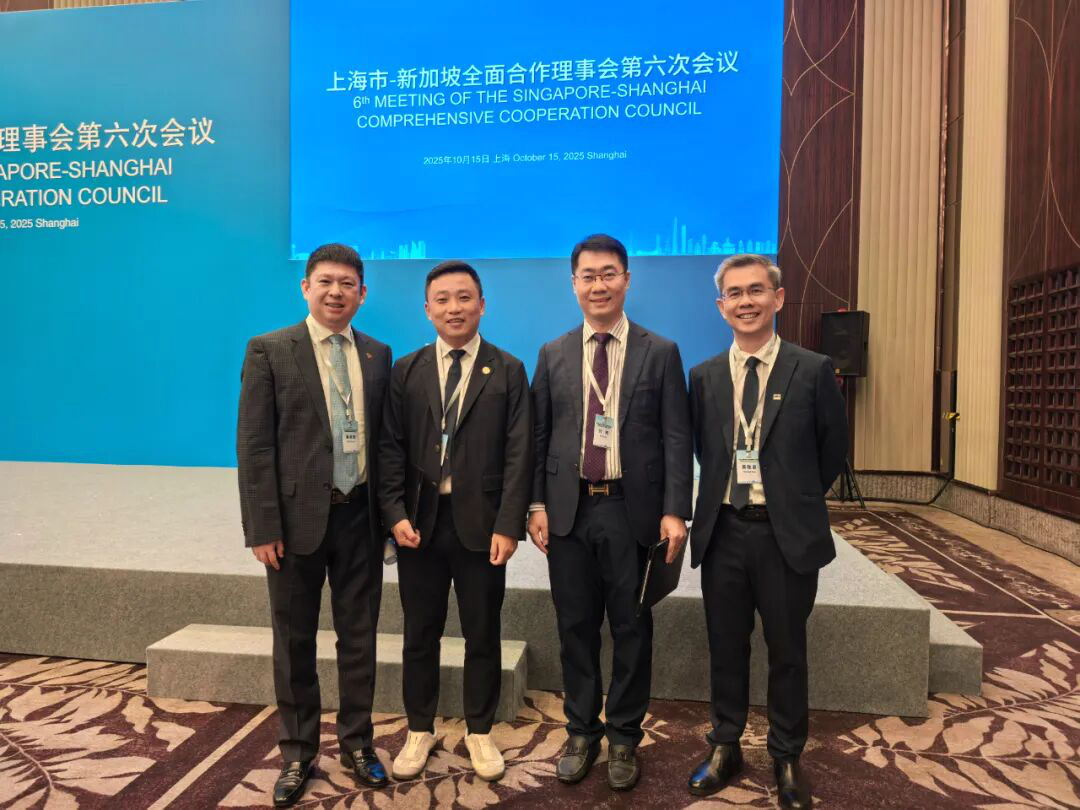Amid the 2024 Paris Olympics, a ransomware attack has hit the IT systems of approximately 40 French museums, including venues hosting Olympic events such as the Grand Palais. While these cyberattacks have not impacted the ongoing Olympic events, they highlight the persistent threat facing our cultural institutions and the urgency of securing critical infrastructures. (https://www.politico.eu/article/french-museums-olympics-venue-hit-with-cyberattack/)
The primary causes of ransomware attacks often revolve around software vulnerabilities and leaked credentials.

Software Vulnerabilities: These are weaknesses or flaws in a software system that can be exploited by attackers to gain unauthorized access or control. Such vulnerabilities can arise from errors in code, improper configuration, or the use of outdated libraries and components. When software vulnerabilities are present, they provide an entry point for ransomware to be deployed, allowing attackers to encrypt data and demand a ransom for its release.
Leaked Credentials: These occur when usernames and passwords are exposed, either through phishing attacks, data breaches, or poor password management practices. Leaked credentials give cybercriminals direct access to systems without needing to exploit software vulnerabilities. They can easily bypass security measures and install ransomware, locking users out of their own systems and files.
Both software vulnerabilities and leaked credentials are critical factors that contribute to the success of ransomware attacks. They highlight the importance of maintaining strong cybersecurity practices to protect against these prevalent threats.

In the public sector, software is often developed by both in-house teams and external vendors, creating a software supply chain that can sometimes be complex and challenging to secure. Each link in this chain represents a potential vulnerability, where software components from different sources are integrated to build systems that support critical infrastructure and public services.
The complexity of these software supply chains necessitates a comprehensive security approach, incorporating DevSecOps practices not only for in-house development but also for evaluating and integrating vendor products. By embedding security throughout the software development lifecycle, from initial design to deployment and maintenance, we can ensure that all components meet stringent security standards and reduce the risk of vulnerabilities being introduced.
Adopting DevSecOps across the entire supply chain fosters collaboration between development, security, and operations teams, creating a culture of security awareness and proactive threat mitigation. This holistic approach empowers public sector organizations to protect their digital assets and maintain public trust in their services.
At Scantist, we're committed to a shift-left security posture, integrating security early in the development process with our SAST and SCA solutions. By detecting vulnerabilities and credential leaks during the development phase, we empower organizations to prevent these issues from escalating into full-blown cyberattacks, safeguarding both digital and cultural assets from potential threats.
Stay vigilant and proactive in securing your systems! Learn more about how Scantist can help fortify your security posture against ransomware and other cyber threats.



.png)
